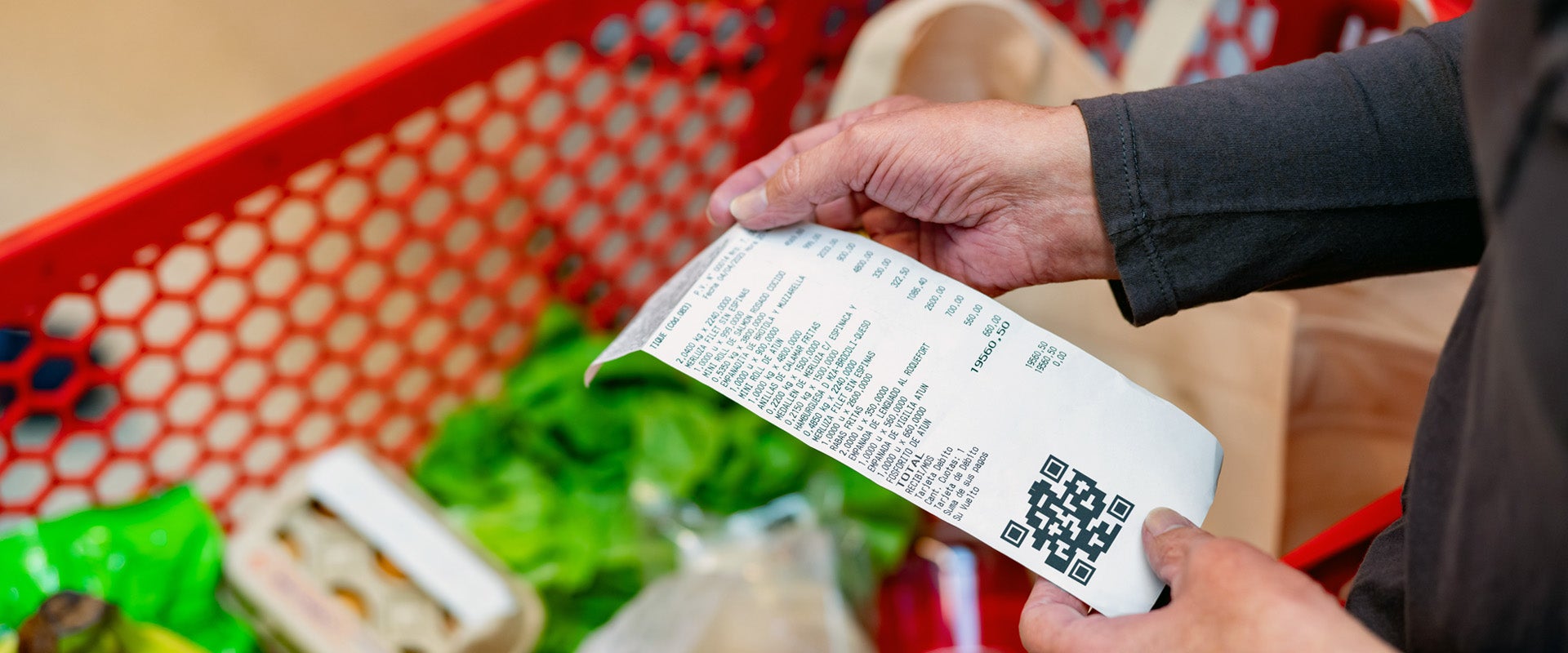Under pressure, consumers battling rocketing inflation and spiralling interest rates are driving significant structural changes in spending behaviour. Among the new challenges for food and beverage (F&B) brands are increasing pressure on profit margins, reduced control over distribution and weakening brand loyalty in the face of growing competition. F&B companies urgently need to rethink their strategies to protect future profitability and ensure sustainable growth. As private label (PL) products take centre stage, how can companies adapt and survive?
Counting the cost of rising inflation and interest rates
Despite the Spanish economy narrowly avoiding material recession in 2023, growth remains subdued. While the country’s recovery from the impact of Covid-19 is complete, with gross domestic product now at pre-pandemic levels and expected to reach 2.3%, the twin spectres of high inflation and interest rates have hit consumers hard, undermining their levels of disposable income and forcing them to make tough decisions about their spending habits.
Recovering tourism, increased exports, lower energy prices and an end to global value chain reduction all spell good news for Spain; however, signs of deceleration emerged after Q2 2023, and tighter financial conditions driven by inflation-combatting monetary policies point to this being an enduring trend. From the war in Ukraine to the prospect of tighter policy measures, economic uncertainty is a powerful influence on consumer behaviour, in turn seriously constraining the growth potential of the Spanish economy.
Inflation has risen mainly due to higher energy and food prices, reducing real household incomes, which are stuck at or below pre-Covid-19 levels. In 2020-21, Spain saw inflation rise to 3.1%, but in 2022, inflation surged to 8.4%; more than half of this increase can be attributed to increases in energy and food prices.
In addition, many consumers are re-prioritising their spending, shifting their mindset towards categories beyond food and beverage.
What does this mean for consumers? Many households — particularly those on low incomes for whom the cost of energy and food figures as a higher portion of their income — are experiencing a serious decrease in purchasing power. And with F&B and hospitality and leisure expenditure accounting for c.16%-20% and c.10%-13% of the total average annual household expenditure, respectively, the impact for business is significant.
Consumers are adapting to the new economic reality
Q1 2023 saw consumers in major European countries already experiencing real reductions in consumption of 1%-3%. Downtrading is the order of the day for hard-hit consumers looking to make their reduced budgets stretch further. One immediate consequence has been the rapid rise of PL products as shoppers forsake premium brands in favour of supermarket own-brand alternatives. For many, the quality-to-price ratio has brought a pleasant surprise — one of the reasons that the change to PL may be here to stay.
This shift is nothing new — consumers facing economic challenges tend to seek out cost-effective solutions and explore alternatives to their previously trusted brands. An improvement in the economic situation that allows consumers to regain lost financial capacity will allow them to return to their previous brand choices. But preferences evolve, and exposure to PL choices can help consumers re-prioritise their shopping cart. While areas such as bakery could well see a return to premium brands, experience shows that other areas may fair less well.
The new world of private label
Both Nielsen and Kantar report that Spanish consumers have embraced PL products to reduce spending during financial crises and economic hardships, resulting in the country’s highest-ever PL consumption. And there is more to PL’s success than competitive pricing alone — manufacturers have demonstrated strong innovation capabilities, and this has led to extensive portfolios of new high-quality products.
This rise in quality spells good news for PL manufacturers, as consumers remain loyal to their products even after household disposable incomes recover. For F&B brand owners the outcome is less favourable, as consumers switching to lower-cost PL products rarely return to their old, branded favourites.
Downtrading is on the up
Undermined disposable income is the driver for a shift towards more economical products and alternatives categories. One area where this downtrading trend is particularly evident is in the rise of cheaper protein categories such as chicken, eggs and frozen pork at the expense of more expensive proteins such as fish and beef. A switch from increasingly expensive olive oil to cheaper alternatives is another marked change.
Reviewing F&B strategy
Faced with these structural changes, F&B companies must go beyond traditional cost management measures and traditional strategic approaches to undertake successful strategic reviews. Understanding the key challenges and opportunities is vital.
Challenging times
Weakened brand loyalty is an area of concern, with F&B companies struggling to maintain long-term customer relationships in the face of price competition and challenges regarding quality. Pressure is mounting too from the lower aggregated margin that PL delivers — to preserve essential margin, retailers need to balance shelf space between PL products attractive to consumers and more profitable brand names.



